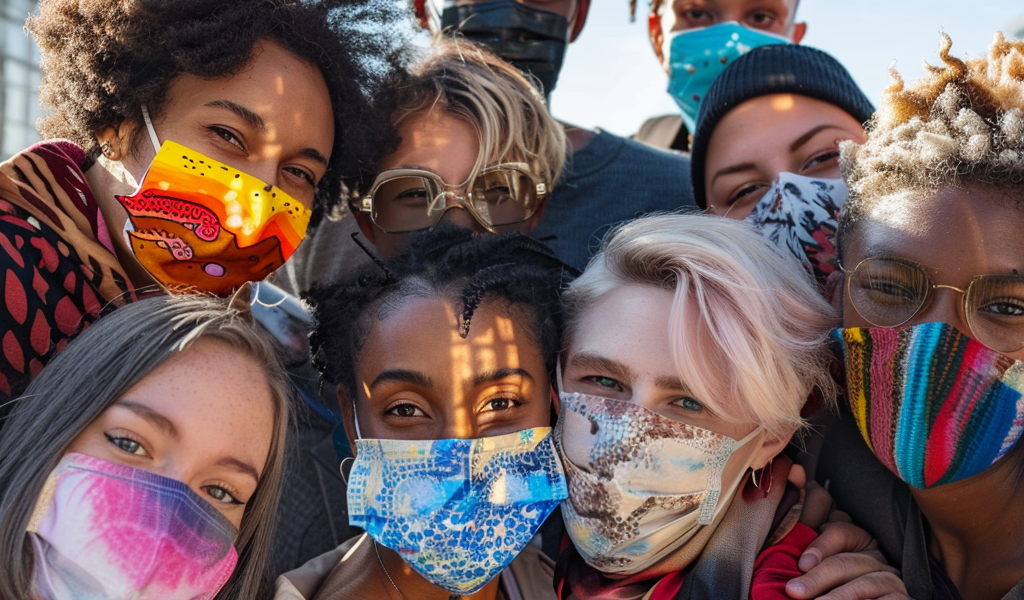In a recent development in the realm of public health, the potential for another summer mPox outbreak has raised concerns among experts. The outbreak of the mPox virus outside of Central Africa in May 2022 prompted a swift response from the medical community. The U.S. government had already established effective diagnostics, treatments, and vaccines due to the similarities between mPox and smallpox.
However, a recent study on mPox’s phylogenetics revealed that the virus’s spread was curbed before reaching the expected threshold of vaccinated individuals. This was attributed to behavioral changes within certain communities, particularly among queer sexual networks. Around 50 percent of individuals, specifically gay men, altered their sexual behaviors in response to the outbreak, contributing significantly to halting the virus’s transmission.
While vaccination efforts initially helped contain the spread of mPox, recent data suggests a decline in vaccine immunity as new cases emerge in the U.S. and Africa. The lack of booster doses poses a challenge, potentially leaving communities vulnerable once again. The reliance on behavioral changes to combat the disease underscores the importance of continuous research on vaccine efficacy and preparedness for future outbreaks.
The impact of the mPox outbreak resonated within the queer community, with individuals adapting their behaviors to protect themselves and others. As the threat of resurgence looms, the need for proactive measures and sustained immunity becomes paramount. The lessons learned from past outbreaks emphasize the significance of a comprehensive approach to public health emergencies, ensuring that communities are equipped to respond effectively.





